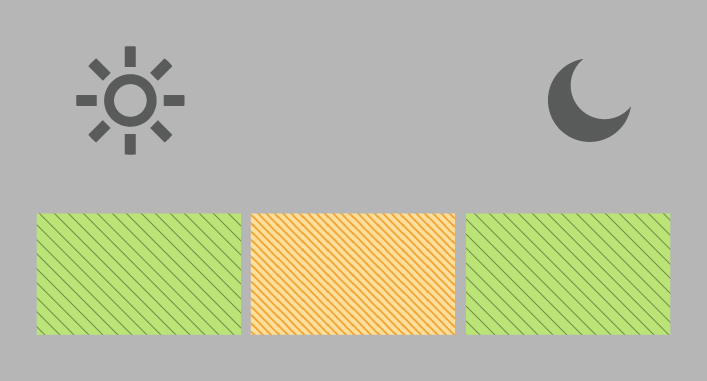Baseline Allocation
An amount of electricity (measured in kilowatt hours) that is provided to households at a lower rate than electricity used above this threshold.
Baseline allocations are determined by the California Public Utilities Commission (CPUC) based on the number of days in the billing period, the season, the climate, and whether your primary source of heat is electric.
Baseline Allocation (Daily/Monthly)
Since billing periods can have different numbers of days, the baseline allocation is defined initially as a daily allocation. This is then calculated into an allocation for the entire billing period, which is sometimes called a “Monthly Baseline Allocation” for convenience.
Baseline Credit
A discount that reduces total electricity charges. A baseline credit is calculated per kilowatt hour (kWh) used and is capped by the monthly baseline allocation.
Daily Basic Charge
A flat, daily charge that is billed on a monthly basis, regardless of customer use or activity.
Kilowatt Hour (kWh)
A unit of measurement for electrical energy consumption over time that we use to compute billing. One kilowatt hour is equivalent to using 1,000 watts for 1 hour.
Minimum Daily Charge
A flat, daily charge that is applied if a customer’s total delivery charges fall below a minimum in a billing period (about $10 for a typical residential user). This charge supports the maintenance and operation of providing electricity.
Tier
An amount of energy allocated to a customer in a billing period at a specific price. If a customer uses more energy than what is allocated, they are charged at a higher rate on the next tier.


